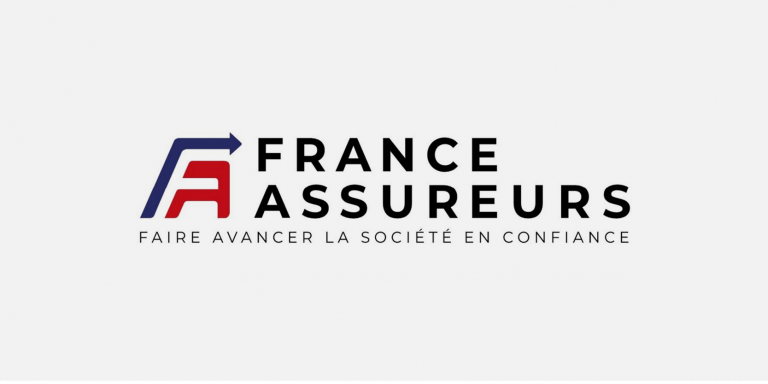
France Assureurs, the federation that brings together all insurance and reinsurance companies operating in France, (more than 247 companies representing more than 99% of the global insurance market), publishes a position paper in which it asks insurers not to rush headlong into the adoption of AI but rather to adopt a gradual, reasoned and human use.
In this position paper, France Assureurs explains its point of view for a responsible and ethical use of AI in insurance. After a summary where it recalls the presence of AI in our daily life and the fears it can raise (loss of control of the human being in front of the machine, misuse of personal data, loss of job…), it guarantees that insurers are mobilizing for an ethical and responsible AI.
It then analyzes the expansion of AI development made possible by the computing power of modern computers and the increase in the amount of data available: “In the digital age, every individual generates a considerable volume of digital data through his activities, his movements or his communications: between 1 and 2MB of data every second, the equivalent of a photo or a hundred emails” . For France Assurance, if this data allows the learning of AIs, making them more reliable and efficient, the IQ of the AI would be that of a young child…
The deep learning of algorithms should therefore be monitored very closely to prevent the risks inherent in automated decision-making that can put people at risk (embedded AI for driving assistance or vehicle autonomy, for example). France Assureurs explains:
“Compliance with these requirements makes it possible to reconcile the necessary consumer protection with service innovation, as artificial intelligence is now an essential tool for building new value propositions for policyholders. It is essential that everything is done to avoid potential risks that would be linked to an unreasonable use of AI in insurance. The deployment of AI can only be envisaged in compliance with ethical principles shared by all.”
A positive deployment
In the insurance sector, artificial intelligence is used to automate repetitive and time-consuming tasks: risk assessment, premium calculation, estimating the cost of claims… France Assurance recognizes the benefits brought by AI, which allows to offer more personalized services and products. Among these benefits, it cites the:
– 24/7 conversational chatbots to respond to online requests ;
– Automated email parsing and authentication systems for faster processing (preparing response elements to be reviewed by the customer advisor) ;
– Rapid automated management solutions for small auto claims, with AI processing of the image of the wrecked vehicle;
– Analysis of data from connected objects (fall detector, water leak detector…) to trigger a human intervention.
Insurers’ proposal for an ethical AI
Insurers are unanimous on the need to implement a reasoned AI that respects the ethical principles they share.
They consider that an ethical AI in insurance must be :
– supervised by humans: an AI that assists employees without replacing them ;
– unbiased: AI that preserves fairness in decision making for all;
– transparent and explainable: an AI that provides expertise without being a “black box”.
Many French and European rules already set a framework and limits to the use of data by insurance companies (RGPD, CNIL…)
In April 2021, the European Commission unveiled its draft regulation on the ethical use of AI and is expected to legislate on AI liability in 2022.While insurers support the establishment of a European regulatory framework for the ethical use of artificial intelligence, they consider it absolutely crucial to avoid disproportionate measures, such as the “high-risk AI” classification applied indiscriminately to the entire insurance sector.
“Artificial intelligence must remain, for insurance companies, an opportunity for innovation put at the service of their customers.”
Translated from France Assureurs prône l’utilisation d’une IA éthique









